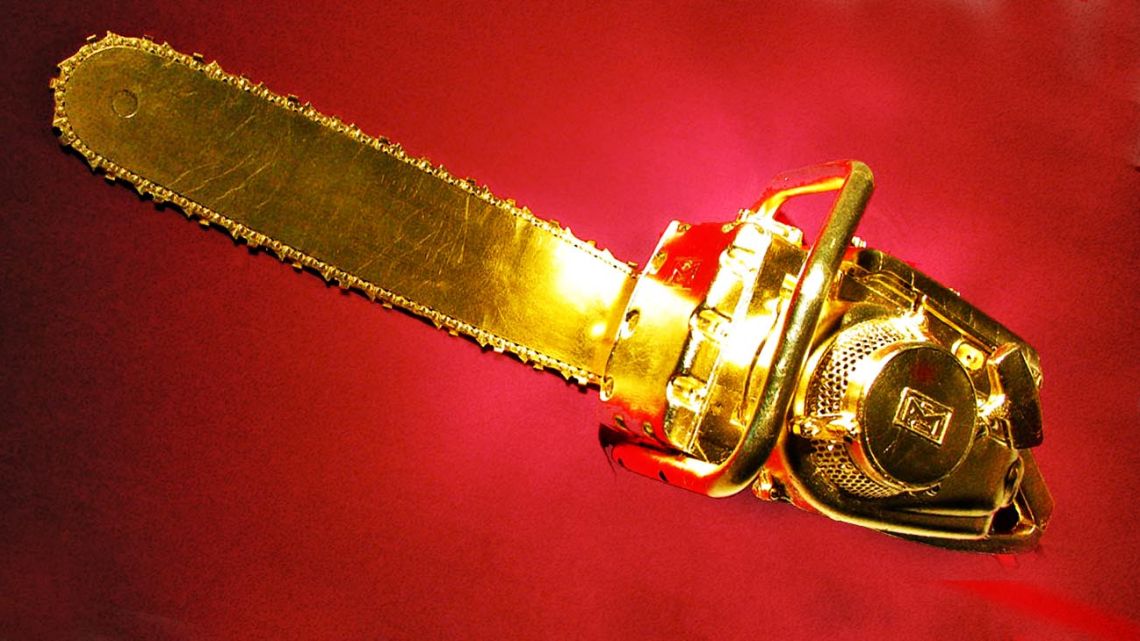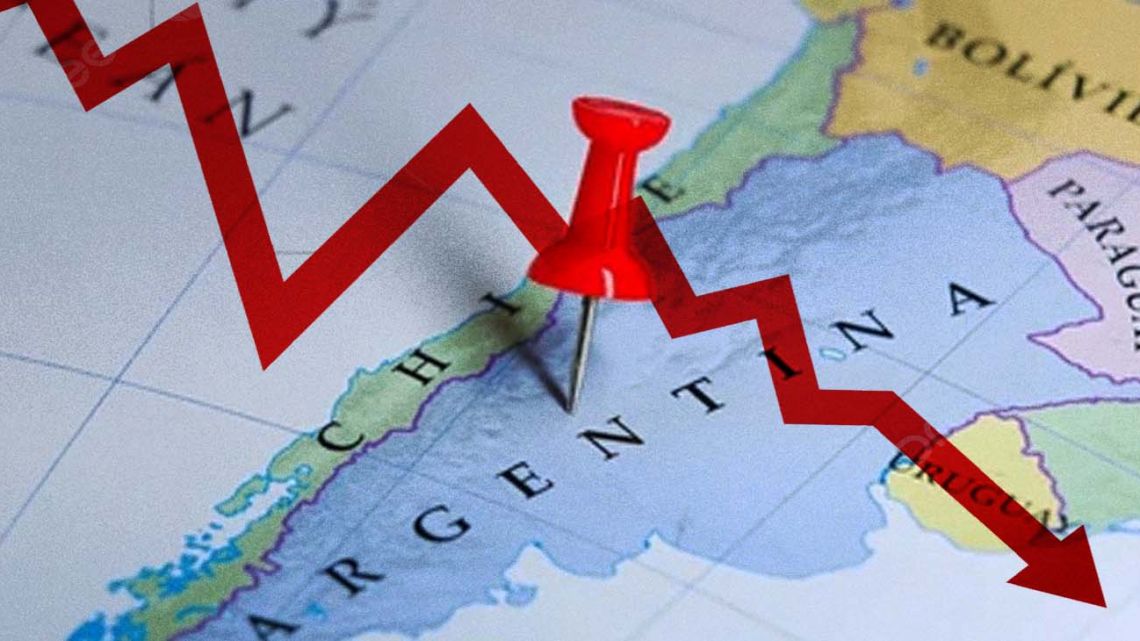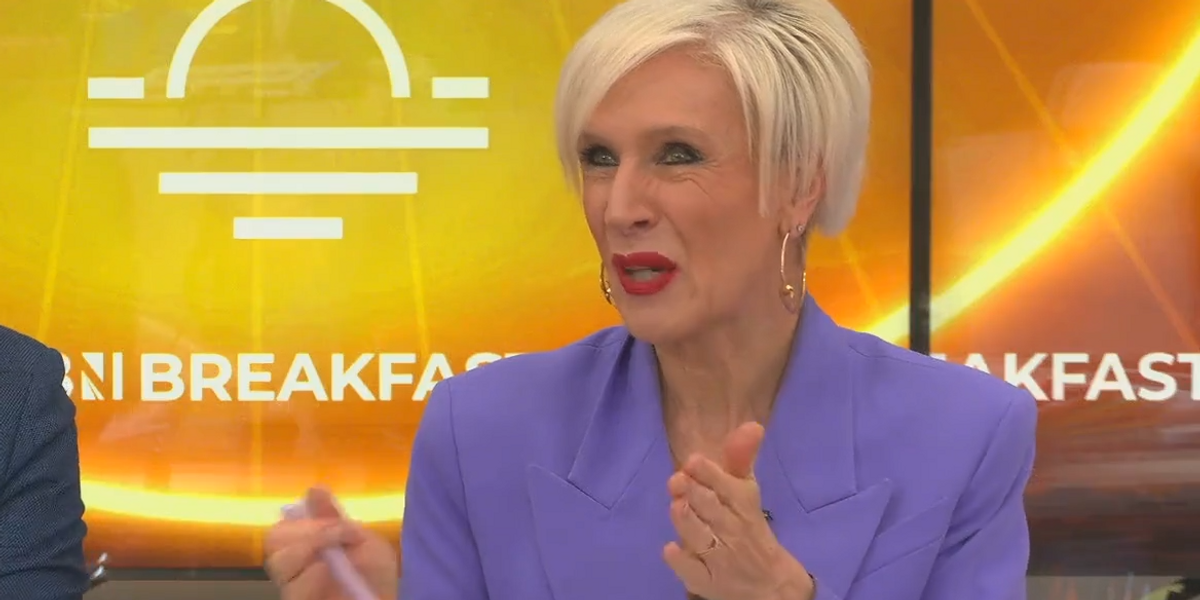Almost a year after President Javier Milei was sworn into office, it is difficult to understate just how lost Argentina’s opposition is. The La Libertad Avanza leader not only took the political establishment by surprise by winning the election in the first place, he continues to catch them off-guard as he exercises power.
Former president and vice-president Cristina Fernández de Kirchner is now the head of the Partido Justicialista, the main party in the Peronist coalition, a position she sought in order to maintain some political relevance and one that positions her as the main figure in the opposition ranks. She also has legal reasons: at this point, she is only one court ruling away from a confirmed prison sentence, and having some political clout comes in handy if one needs to dissuade judges.
But the real riddle facing the opposition concerns narrative rather than figureheads. Or at least, one comes with the other. Fernández de Kirchner embodies both problems for the opposition. She was the dominant figure in the country’s political landscape for two decades, before managing an impressive comeback when she ushered Alberto Fernández – and herself as veep – back into office to ruin Mauricio Macri’s re-election hopes in 2019. However, it is not clear if she has the political flexibility to play the new game Milei is proposing – one that breaks with the two-coalition system she and Macri embraced in rivalry.
Fernández de Kirchner’s initial instinct is to mirror Milei. In recent public appearances or social media posts, she has been replicating some of his language. She called him an “idiot,” for instance, as if she believes that winning back the votes her party lost – from a peak of 54 percent in 2011 and 48 percent in 2019 to 37 percent in 2023 – was a matter of form rather than substance.
Contrasting that approach, Horacio Rodríguez Larreta – the former Buenos Aires City mayor who, two years ago, seemed like the undisputed frontrunner in the race for the presidency – made an unannounced comeback to the public limelight this week. He published “an open letter” to Milei ahead of the first anniversary of his Presidency, criticising the head of state for insulting everyone, all the time. To back up his argument, Rodríguez Larreta presented a study from his own think tank detailing all the insults Milei used, even how frequently. It reaches the grand conclusion that Milei has spat insults at a pace of almost seven per day from his X social media account.
The Larreta report simply states the obvious – as obvious as the response that came the next day from Milei’s Presidential Spokesperson Manuel Adorni. The President might shoot seven insults a day, but nine out of ten Argentines do not believe in what Rodríguez Larreta has to say, charged the mouthpiece (Adorni based his statement on the August 2023 presidential primaries, when the Buenos Aires mayor got just over 10 percent of votes and failed to clinch his party’s nomination).
Results are all that matter, and that is why most Argentines will care very little about Milei’s profanity if his economic programme works. And they will not listen to Cristina Fernández de Kirchner unless she takes some sort of responsibility for the underperforming 2019-2023 government she helped create and co-governed with Alberto Fernández before losing interest, regardless of whether she hurls insults at Milei or not.
If the opposition wants to challenge the President, the best they could do is to try something radically different. This is exactly what Milei did when he launched his political career, catapulting himself to the presidency in no time at all.
For Fernández de Kirchner, being radical would not mean swearing but being different from what she has been, politically, up until now. It would mean, for instance, letting go of La Cámpora, the Kirchnerite “youth faction” led by her son Máximo Kirchner. At first glance, it seems to be largely responsible for her gradual but unfaltering political decline that started over a decade ago.
But that isn’t happening. La Cámpora leaders are spending most of their time these days finding ways to internally erode the popularity of Buenos Aires Province Governor Axel Kicillof (once one of their own), who happens to be their best chance at fighting Milei in the next presidential race in 2027.
Instead of jumping aboard or blaming the insults bandwagon, Fernández de Kirchner and Rodríguez Larreta – and Milei’s other opponents, for that matter – should adopt a radical approach if they sought to find some common ground among themselves, which could eventually lead to a broad, centrist, non-insulting alliance for 2027. Or, even better, if they wrote the script for new players to interpret.
Until that happens, Milei will remain very pleased at the centre of the ring, fighting the ghosts of what has been or never even was — not even Lilliputians, as he once called them.









